This is Black Dragon.
|
The transition from spring to summer is possibly the least celebrated seasonal change, especially in equatorial latitudes. Gardeners, however, are likely to notice. Central Virginia might as well be tropical from June to October, in terms of temperature and humidity, though spring here is notoriously temperate – or often, even cold. In our vegetable garden, the summer crops are still developing or just starting to come in, while the spring crops are finishing now. Only a last handful of almost heat-struck beets are still in the ground. The rest have been eaten, both the roots and the equally delicious greens, except of course for what Karen has blanched and frozen. The succulent pac choi is gone, and all but the last few collards, kale and cabbage plants have been pulled up. The insect onslaught has begun along with the heat and humidity, and these plants have little place in it. Photo by Karen Mawyer The lettuce, ironically, is still rampaging away. Photo by Gary Mawyer Onions, Jellybean tomatoes, and basil. Photo by Gary Mawyer Carrots and giant marigolds. Photo by Gary Mawyer And here is a beetle’s-eye view of squash plants. Photo by Gary Mawyer The first real summer crop to come in this year is, strangely, going to be peppers: the purple ones are ready now. Peas are close behind. Photo by Gary Mawyer Bluebirds seem to have moved into the bluebird house and other insect-eating birds have claimed stations all over the garden, sitting on trellises and diving on any insect they can catch. My own observations of bugs so far have largely revealed ambush bugs and baby mantises, not to mention spiders, along with some cabbage worms and cabbage-moth larvae. Hopefully removing the depleted plants and leaving the predators to clean up will take care of them. Photo by Karen Mawyer The onset of the muggy heat, along with several bouts of protracted rain, seem to have set off the ground-dwelling molds responsible for brown spot and yellow spot and early wilt on a number of our tomato plants. Judicious treatment of the affected tomatoes with such organics as Neem, pruning to encourage air movement, and mulching will hopefully control such things where they have appeared. They say mulch is like a plant antibiotic but I would say it’s a plant probiotic; the various microthings in good mulch go to war with the unwanted microthings in humid soil and all this stuff gets to digest each other for the plant’s benefit in a manner most scientific. Photo by Gary Mawyer Photo by Gary Mawyer In my last blog post I seem to remember saying the next garden expansion was underway. At that time the area in question was a weed-covered slope behind the mulch pit. Here is what it looks like today. Photo by Gary Mawyer Nothing in this terraced part of the garden is finished, but the lower beds have been planted with four kinds of tomatoes, turkey craw beans, sweet ambrosia corn, two kinds of squash, cucumbers, and six kinds of hot pepper. Photo by Gary Mawyer Photo by Gary Mawyer I could say we know summer is here because my potted banana plants and taro are doing well. This is true enough. For all the bananas know, they’re in the tropics. They’re as ignorant of the truth as the rest of us, though October will come and with it a soberer wisdom not all banana plants ever achieve. But setting aside these vegetable exotics, the lilies are signaling that summer for all intents and purposes is here. This is Black Dragon. Photo by Gary Mawyer Other lilies are coming fast, on a good trellis in perfect high shade. Photo by Gary Mawyer And the Japanese summer iris is in full bloom, reflecting the tranquility that gardeners themselves never seem to experience in their busy schedule of plant care. Photo by Gary Mawyer
1 Comment
Leave a Reply. |
AuthorGary Dale Mawyer, a Central Virginia native, has over 40 years of publishing and editing experience and lives with his wife Karen and two cats in Albemarle County. Sites I likeafroculinaria.com/
largea.wordpress.com/livinglisteningandthingsilove naturalpresencearts.com/ someperfectfuture.com Archives
September 2022
|
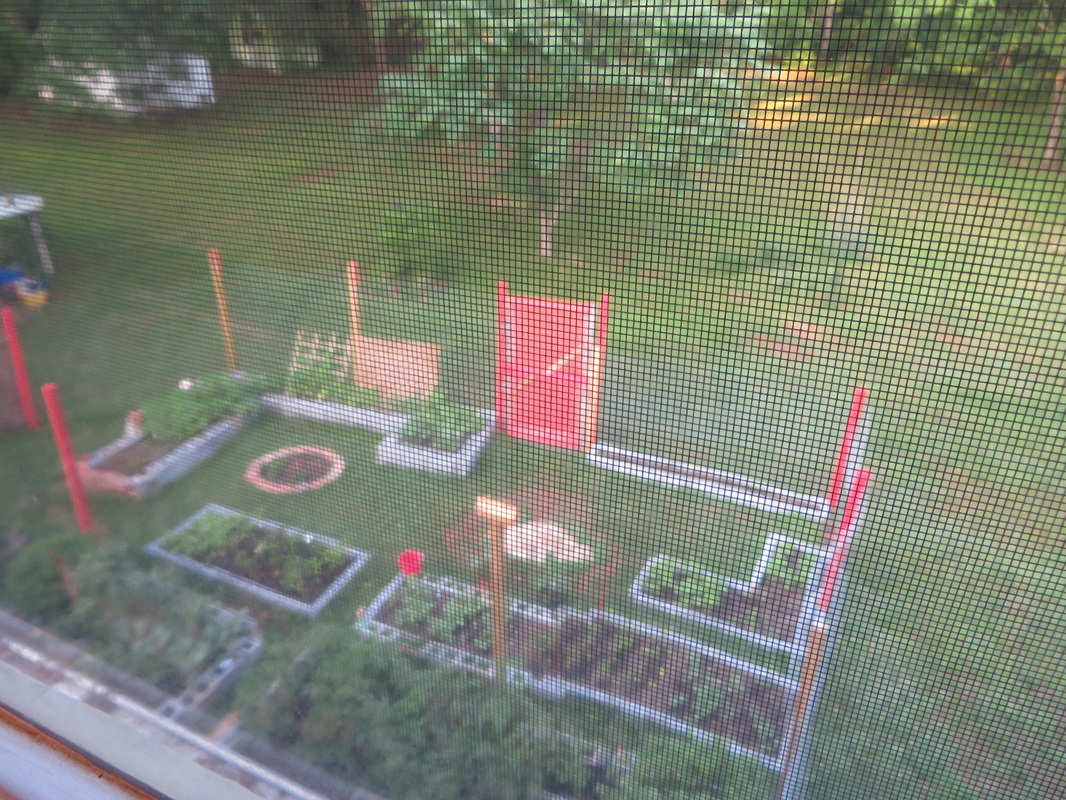
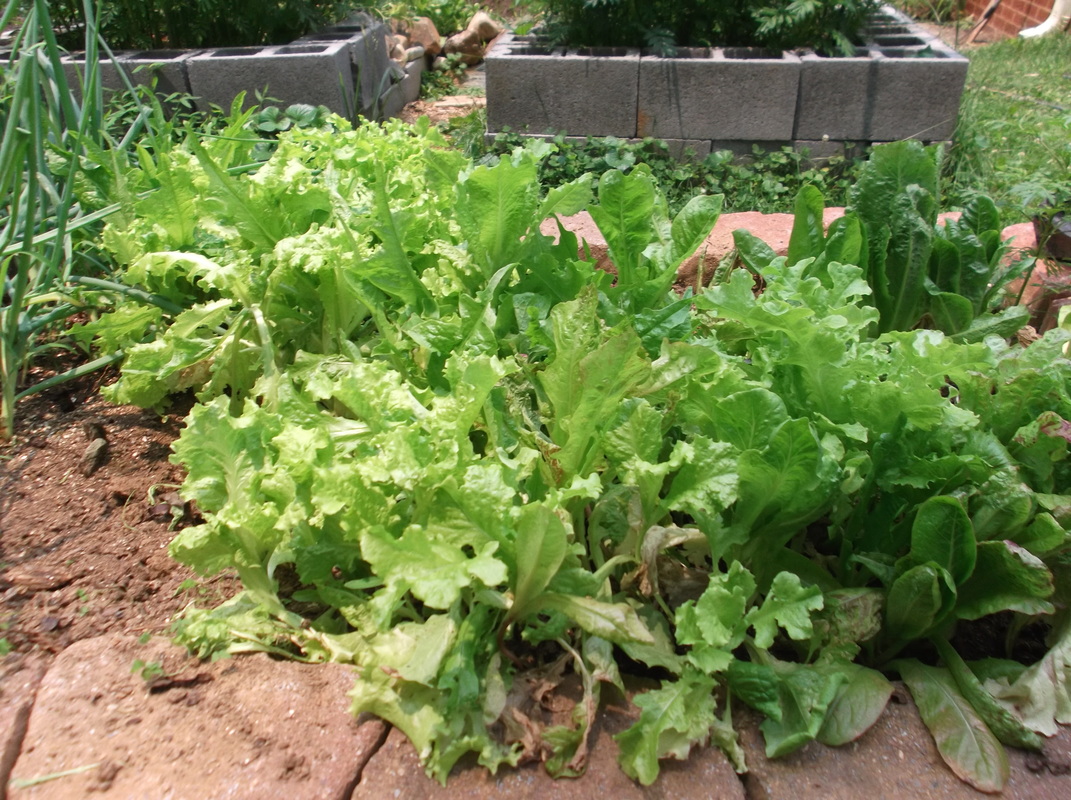
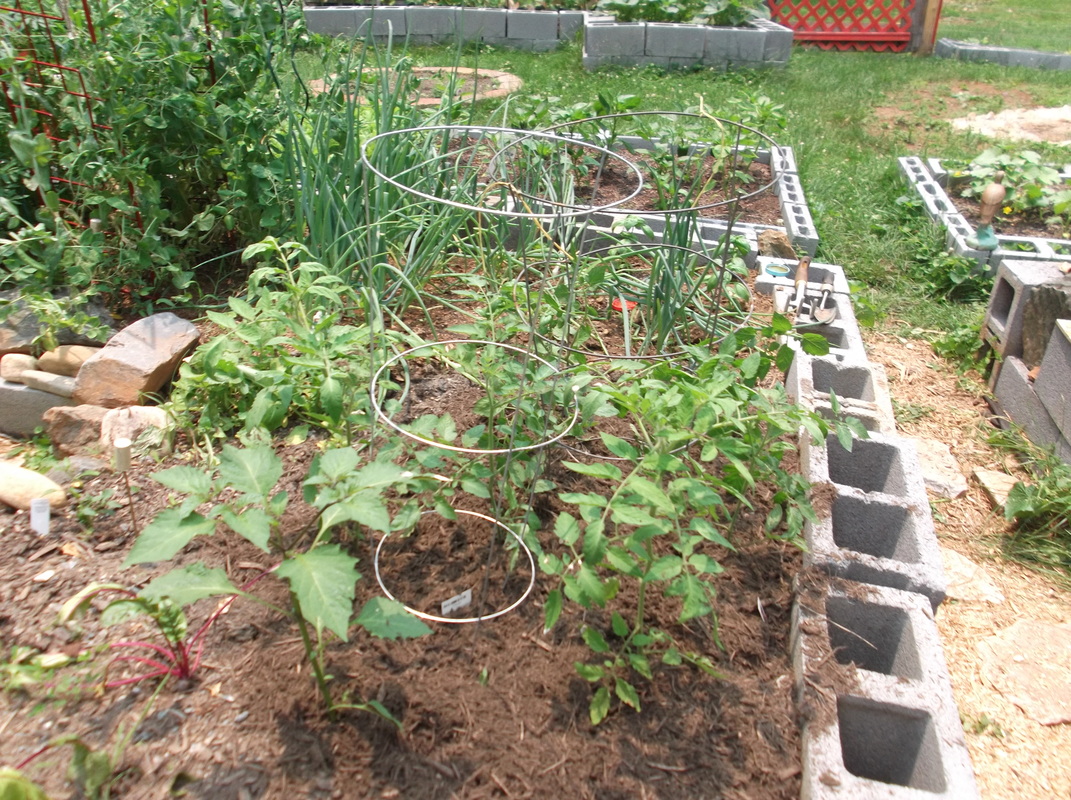
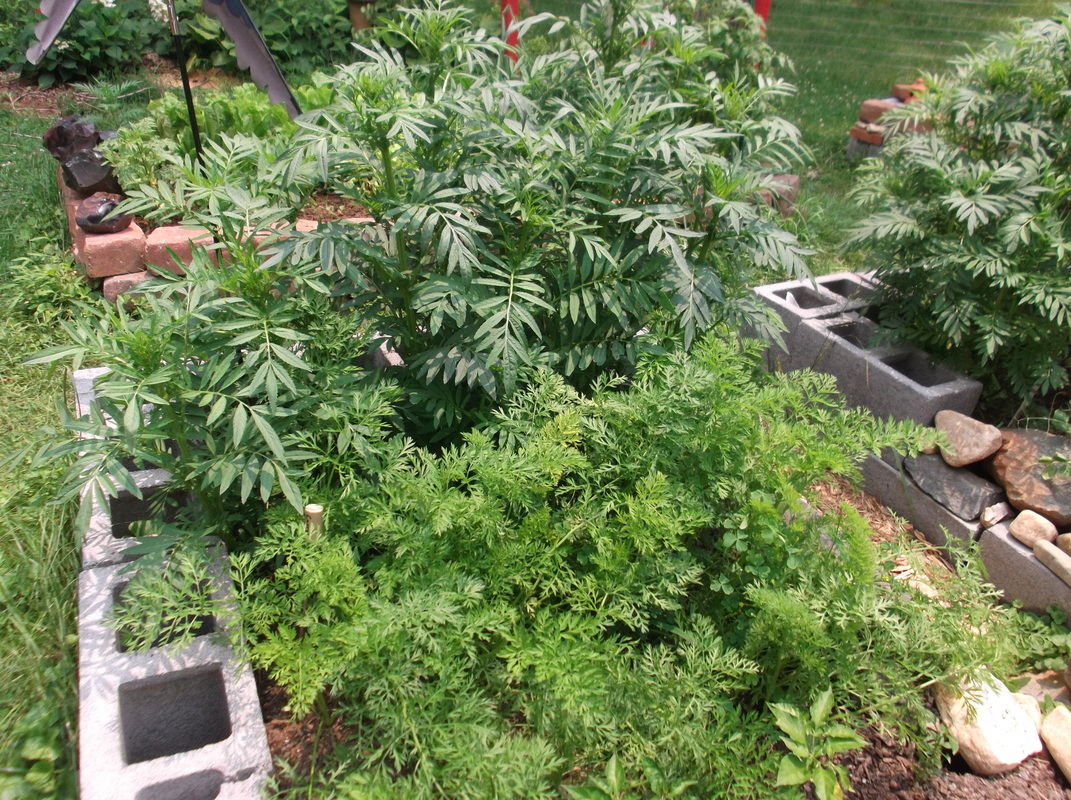
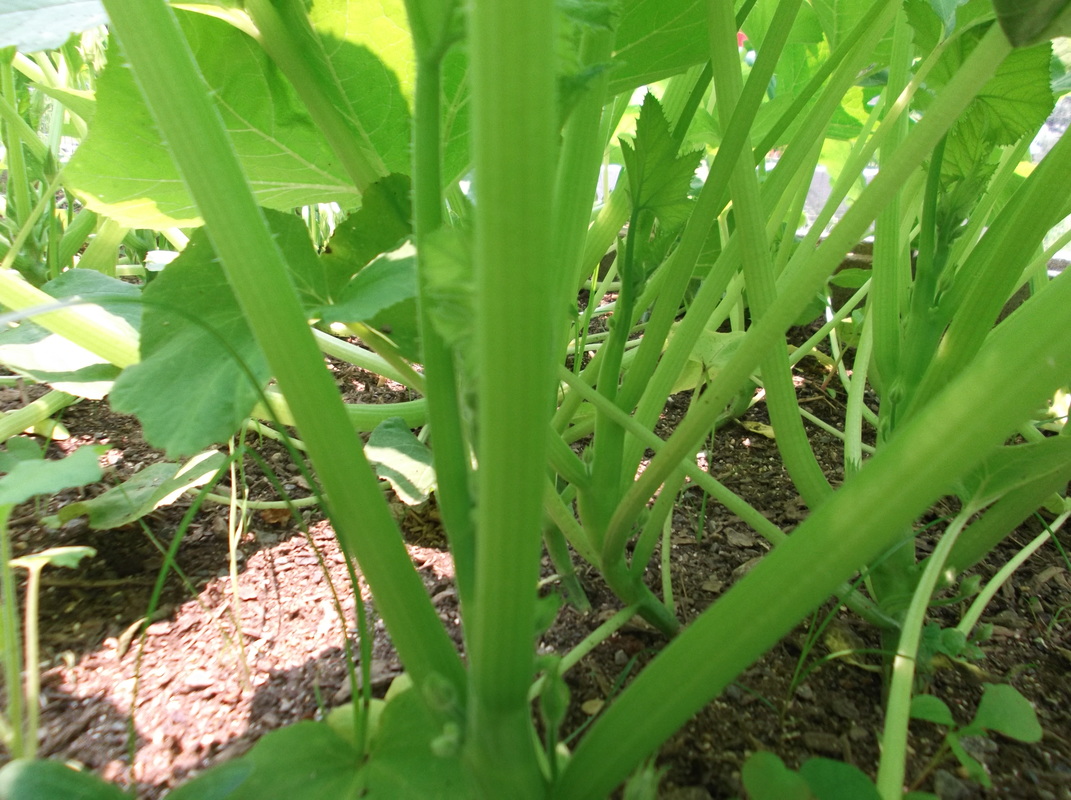
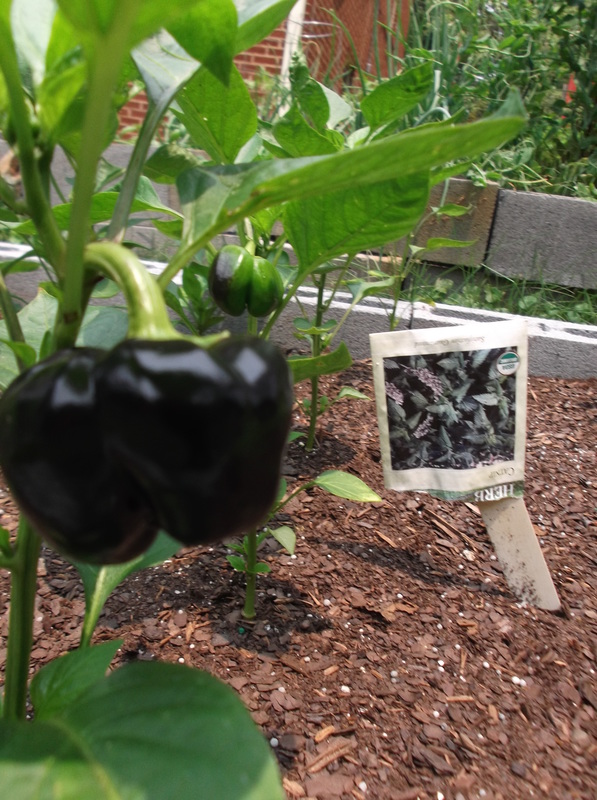
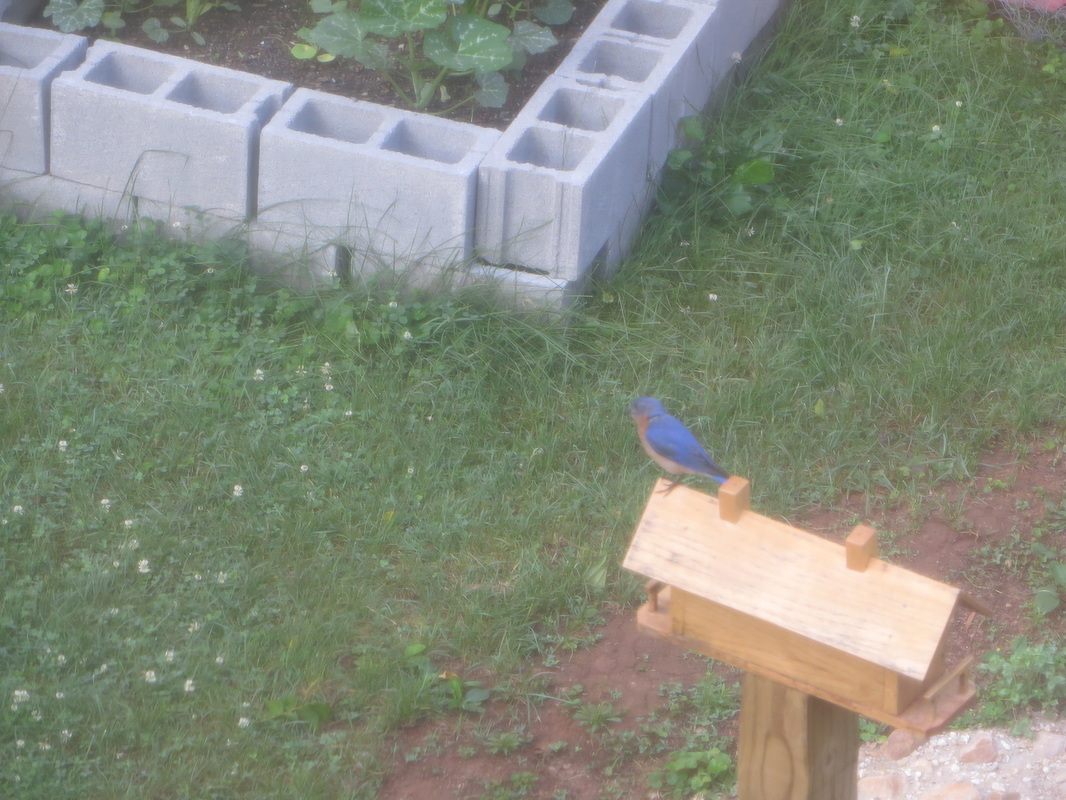
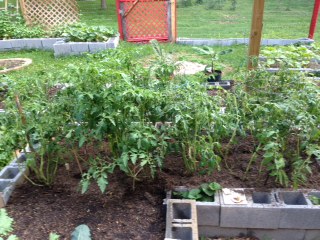
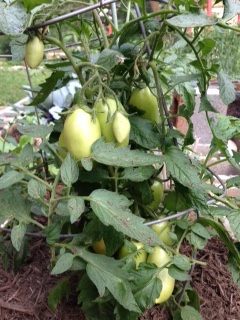
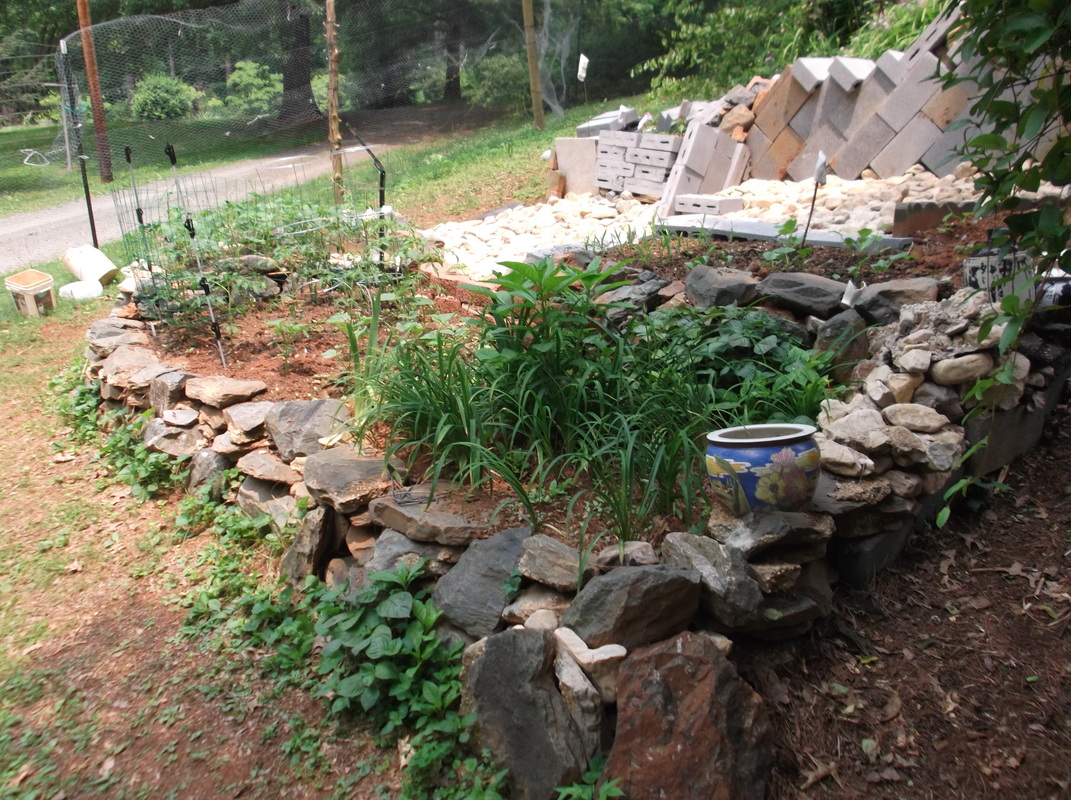
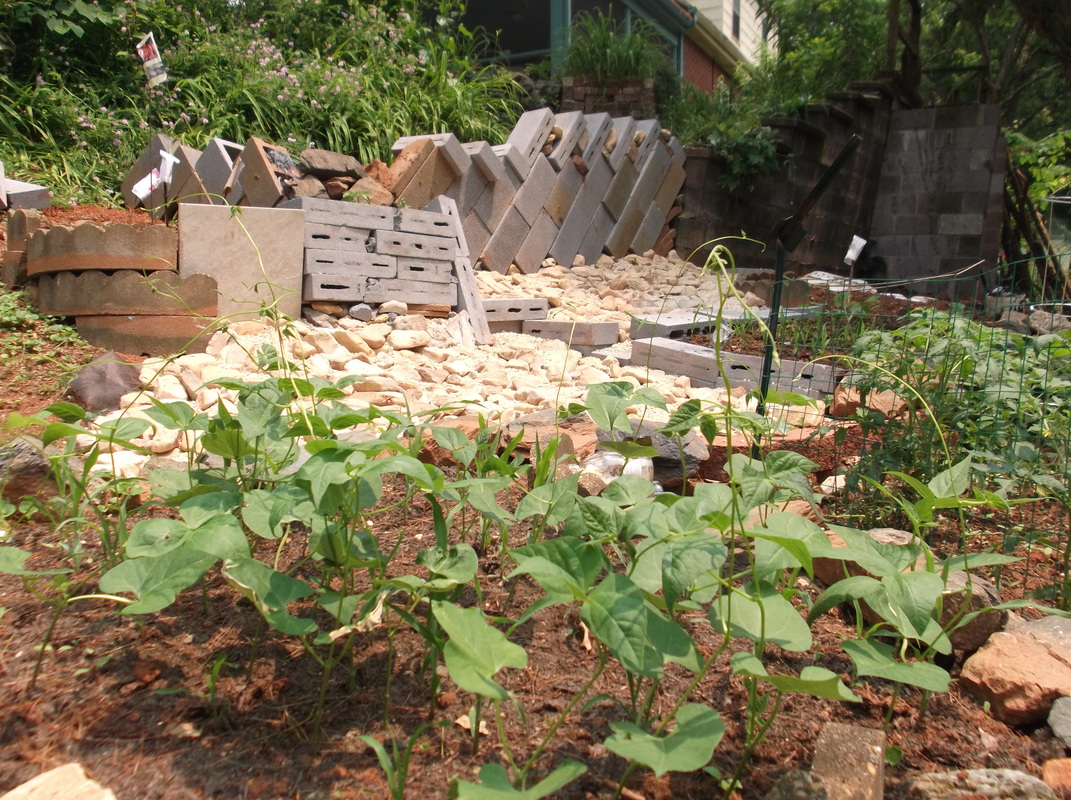
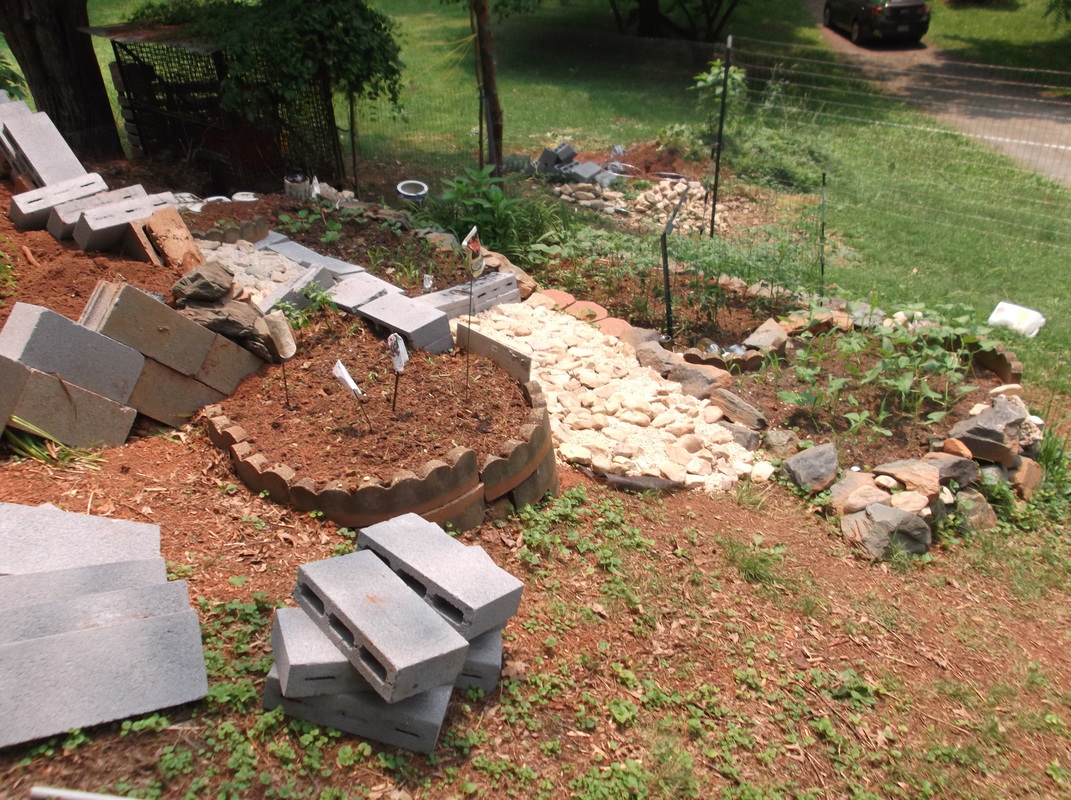
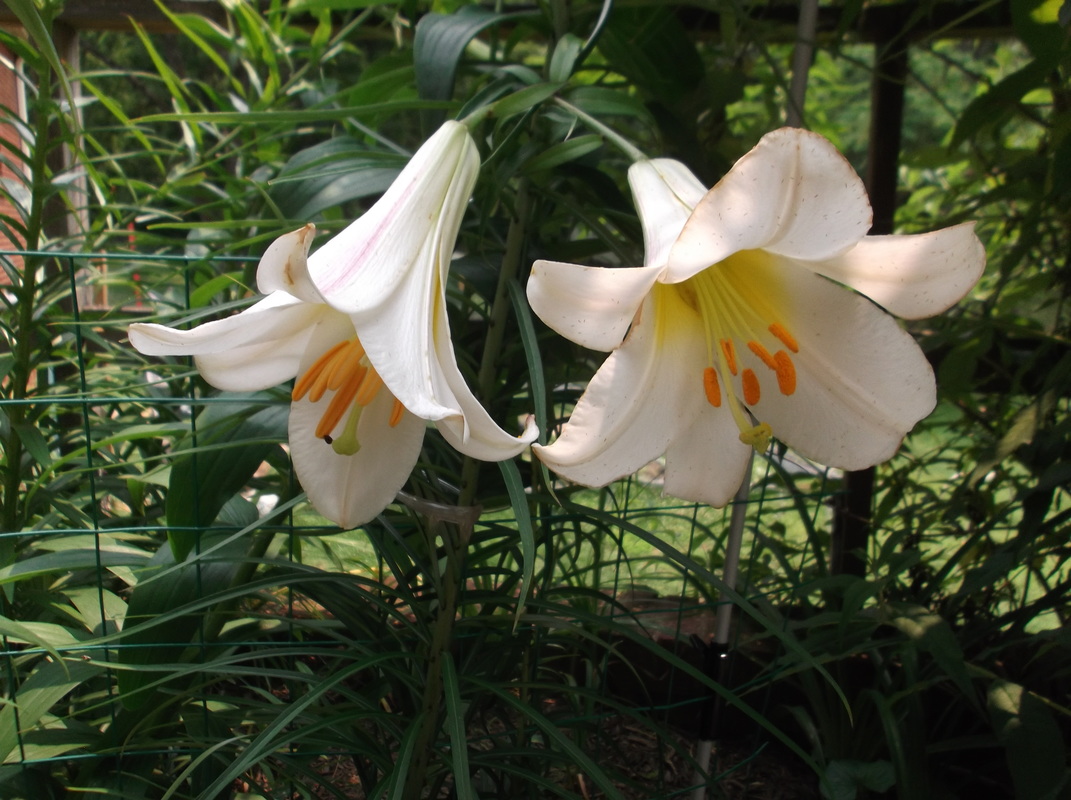
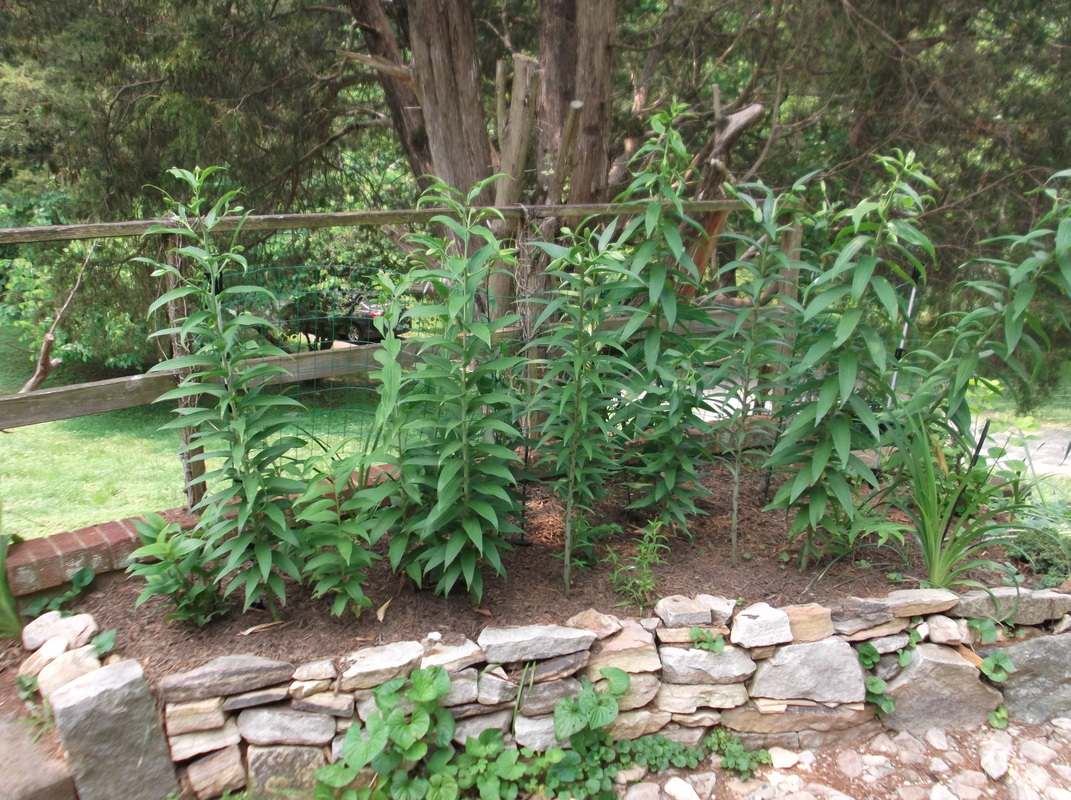
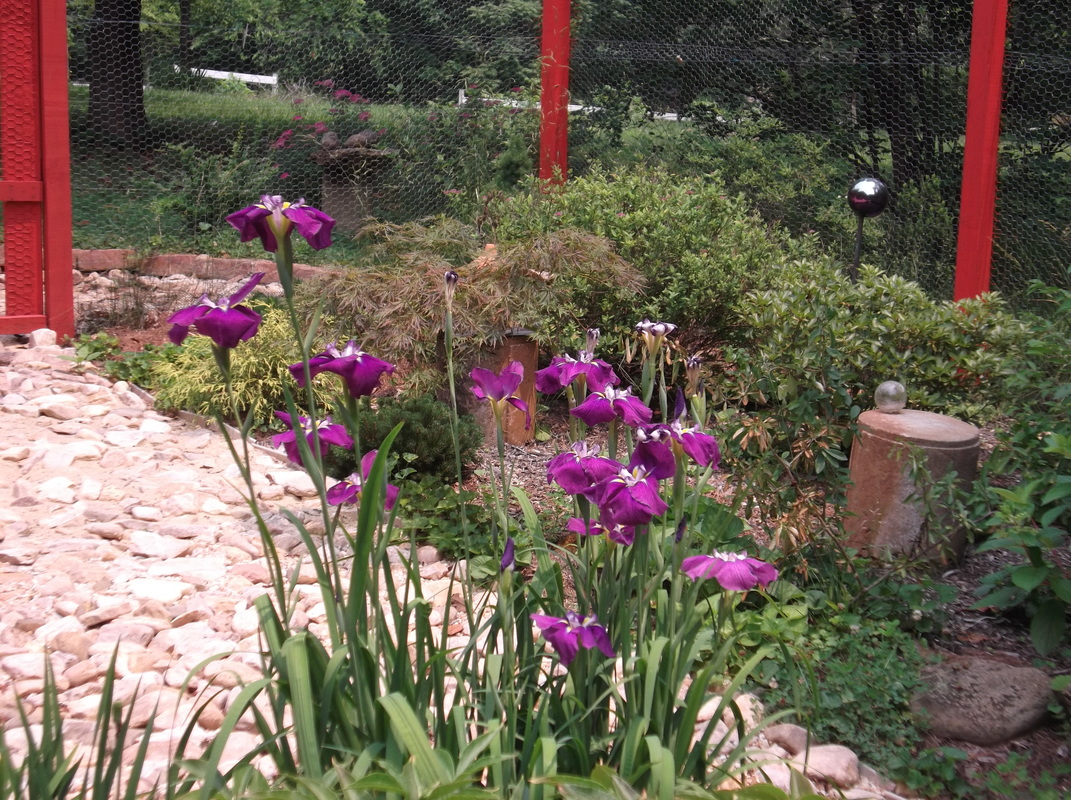

 RSS Feed
RSS Feed